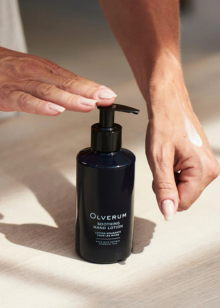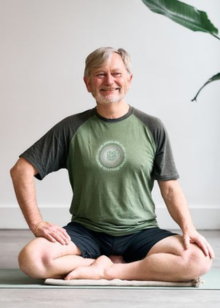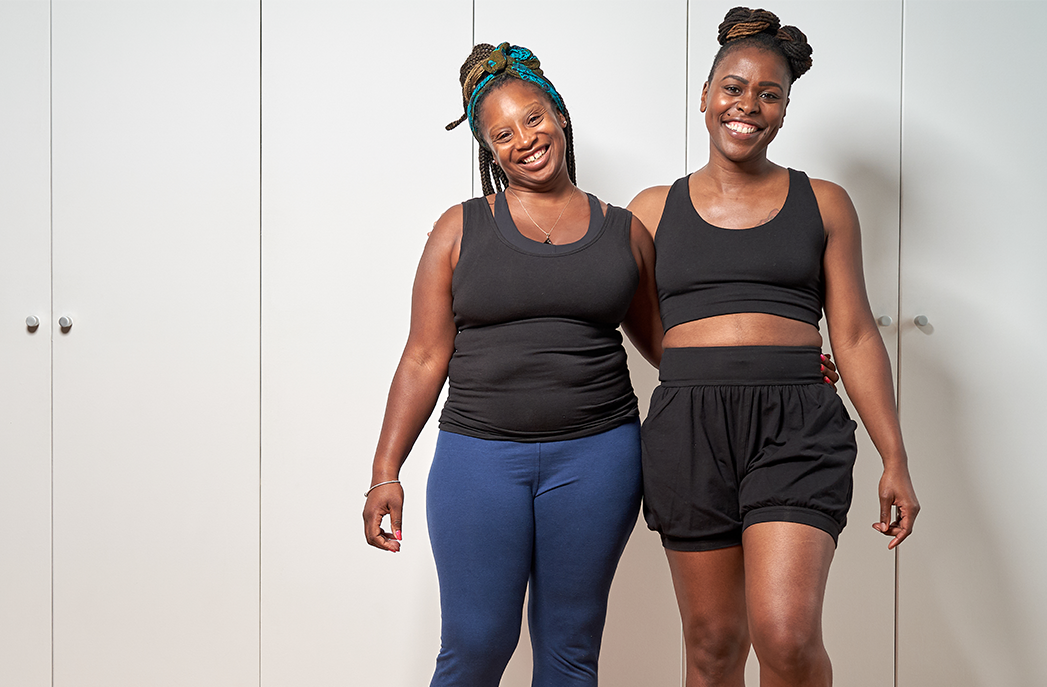In this final instalment of our four-part series on Black British women, who inspire us, we have chosen a person who so quintessentially embodies the value of an intersectional foundation of our work as activists and advocates.
?rjava (?????): Sincerity; self-restraint from hypocrisy, as the foundation for treating everyone equally
Phyll Opoku-Gyimah, also known as Lady Phyll, was born in London in November of 1974. She is of Ghanaian heritage. From the very beginning it was clear to Lady Phyll that her purpose –dharma – was rooted in the concept of ?rjava. She said, “I have always had a conscience that wants to tackle head on any form of inequality that touches our lives. Discrimination, inequality: that’s always been what I was about, even as a young child.”
Lady Phyll started her career as a civil servant in Stevenage and then went to work as a trade unionist. Throughout her career she encountered racism, bigotry and bias. She used these experiences to hone her skills as an advocate and eventually became the first Black senior lead negotiator.
In 2005 Lady Phyll co-founded UK Black Pride. When she broached the idea to a group of white people involved with wider Pride events, she was infamously told to “f* off” and go to “normal pride”. She was shocked by the level of contempt in their reaction. It emboldened her and her co-founders to follow through. Today, UK Black Pride is Europe’s largest celebration for Lesbian, Gay, Bisexual, Trans, and other Queer (LGBTQ) people of African, Asian, Caribbean, Middle Eastern and Latin American descent. She continues her activism as UK Black Pride’s executive director.

Lady Phyll declined to accept an MBE in the 2016 New Year Honours. She publicly stated that, “as a trade unionist, a working-class girl, and an out Black African lesbian, I want to stand by my principles and values. I don’t believe in empire. I don’t believe in, and actively resist, colonialism and its toxic and enduring legacy in the Commonwealth, where – among many other injustices – LGBT+ people are still being persecuted, tortured and even killed because of sodomy laws that were put in place by British imperialists. I’m honoured and grateful, but I have to say no thank you.”
To publicly refuse an MBE might be one of the greatest examples of an absence of hypocrisy that one could imagine in the United Kingdom. A decision that will likely have been challenged by friends and family and with which she will always be associated – hence, at least in part, Lady Phyll.
Alongside her work as executive director of UK Black Pride, she is executive director of Kaleidoscope Trust, the leading UK charity advocating for the human rights of LGBTQ people globally. She is the first Black woman in the UK to lead a mainstream organisation that campaigns for equal rights of LGBTQ people.

As the Stonewall riots marked their 50th anniversary, Lady Phyll was invited to lead the 2019 World Pride – New York City Pride march alongside four other Grand Marshals. One of her ambitions with UK Black Pride is to become a leading LGBTQ organisation that other organisations across the globe turn to for best practices in activism and advocacy. In interviews, she unabashedly states UK Black Pride has made mistakes, and that the process of learning and unlearning by actively engaging and working alongside the community is what makes UK Black Pride unique, what others can learn from them. Acting as a Grand Marshal was certainly not only an acknowledgment of her years’ long activism, but also an opportunity to deepen relationships with the city recognised as the origin of Pride protests (and known to have often failed the communities which were on the frontlines of the Stonewall riots).
In the Book of Queer Prophets, Lady Phyll’s essay poetically expresses through prose the practice of unlearning false narratives of God and faith to deepen a spirituality that does not ask her to deny her queerness or reject her Blackness in order to be loved by God.
Lady Phyll exemplifies steadfastness in upholding values to affect meaningful and sustainable change. This concept of ?rjava and deep-routed sincerity is fundamental to cultivating and building equity in every facet of society.
Try this week’s guided practice:
Listen to this week’s Spotify playlist:
You can listen to this week’s Spotify playlist for inspiration and empowerment here.














